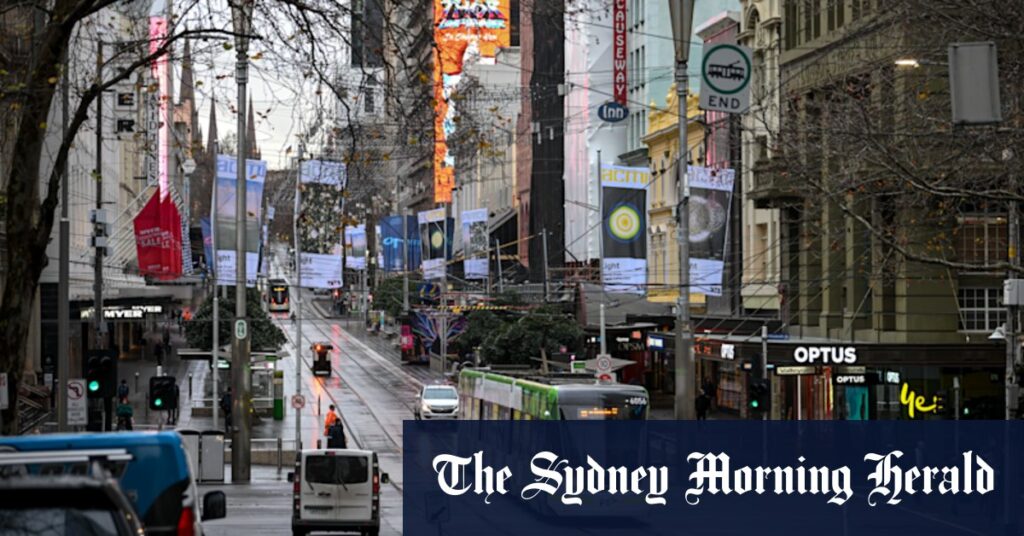
This time last year, Australian chief executives were predicting a swift return to traditional office settings, with 82 percent expecting white-collar workers to be back in the office five days a week within three years. However, the latest KPMG global chief executive survey, released this week, reveals a dramatic shift in expectations. Only 22 percent of Australian respondents now anticipate a full-time return to the office, signaling a significant reversal on workplace flexibility.
“The numbers confirm what we have long suspected: a return to a fully back-in-the-office workforce in Australia is unlikely,” said KPMG Australia boss Andrew Yates. He suggests that this change reflects a more nuanced understanding of priorities from both employers and employees, a year further into the post-pandemic era.
Flexible Workplaces: The New Norm
According to Yates, the current sentiment among employers is that flexibility is now an expected norm. Employees, on the other hand, have come to appreciate the benefits of occasional office presence. “Interestingly, almost 50 percent of the Australian CEOs think that three days in the office is where this will land. And I think that’s pretty consistent with my view,” Yates added.
This development follows a global trend where hybrid work models are becoming more prevalent. The shift is not just about convenience but also about efficiency and employee satisfaction. The pandemic has permanently altered the landscape of work, pushing companies to adapt to new ways of operating.
AI Investment: A Balancing Act
Meanwhile, the KPMG survey also highlights that while AI remains a top investment priority for 70 percent of Australian CEOs, there is still a learning curve. About 40 percent of respondents admitted they were still learning about AI’s potential, which might explain why nearly one-third are allocating less than 10 percent of their investment budgets to this emerging technology.
“AI is not going to take away people’s jobs. People using AI are going to take the jobs of people not using AI,” said NAB boss Andrew Irvine.
Despite concerns about AI’s impact on employment, the survey indicates that 92 percent of respondents, both locally and globally, plan to increase their workforces over the next three years. This contrasts with predictions from industry leaders like Dario Amodei, CEO of ChatGPT rival Anthropic, who earlier forecasted a scenario where “20 percent of people don’t have jobs.”
Cybersecurity: The Top Investment Priority
While AI garners attention, cybersecurity remains the primary area of increased investment for businesses. Recent incidents, such as the Optus 000 outage, underscore the critical importance of digital risk resilience.
“Cybersecurity is the No.1 area of increased investment. I think that just reflects the ongoing complexity and threat that that brings to business,”
Yates noted.
The focus on cybersecurity highlights the evolving challenges businesses face in protecting their digital assets and maintaining operational integrity. As threats become more sophisticated, companies are compelled to invest heavily in safeguarding their infrastructure.
Looking Ahead: The Future of Work
As Australian businesses navigate these changes, the emphasis on flexibility and technological adaptation will likely continue to shape the future of work. The shift towards hybrid models and the strategic integration of AI and cybersecurity investments are poised to redefine the workplace landscape.
The move represents a broader understanding that the future of work is not about returning to pre-pandemic norms but evolving to meet new challenges and opportunities. As companies continue to adapt, the focus will remain on balancing technological advancements with human-centric work environments.







